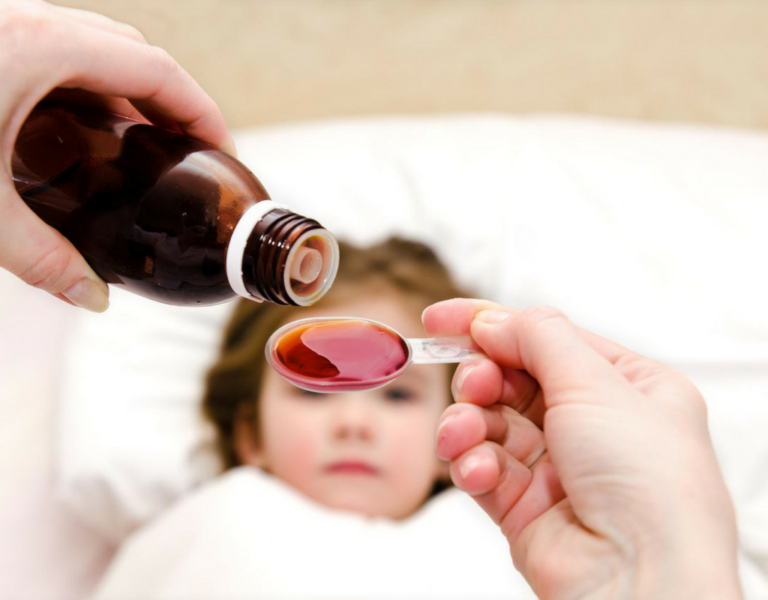Navigating discussions about drugs and alcohol with your children can seem daunting, but it’s a conversation every family should have. As the holiday season approaches, bringing with it family gatherings and festive parties, it’s an opportune time to have heart-to-heart conversations with our children about drugs and alcohol. Current concerns, such as the prevalence of fentanyl lacing in street drugs, make these dialogues even more crucial. As your trusted pediatric team, we understand the importance of addressing this topic with warmth, clarity, and care. Given that children are introduced to the subject in various ways, including DARE programs at school, it’s vital to be proactive and guide them through age-appropriate discussions.
Preschool (3-5 years): Laying the Foundation
- Simple Analogies: Explain that just as some foods can be harmful, so can certain substances. We should only take things given by trusted adults, like parents or doctors, and avoid anything unfamiliar.
- Setting Boundaries: Emphasize the rule of not ingesting anything without a trusted adult’s approval.
Elementary School (6-10 years): Building on Basics
- Introducing Concepts: Reinforce what they may have learned in programs like DARE, discussing the basics of drugs and the idea that some substances can make people sick or change how they act.
- Answering Questions: At this age, curiosity blooms. Welcome their questions and answer honestly but simply.
Middle School (11-13 years): Addressing Peer Pressure and New Risks
- Discussing Choices: Talk about the significance of making individual decisions, especially in the face of peer pressure, and the importance of saying no.
- The Fentanyl Issue: Introduce the rising concern about fentanyl-laced drugs. Explain that even what looks like regular prescription medicine can be dangerous if it’s not from a trusted source.
High School (14-18 years): In-depth Conversations
- Real-Life Scenarios: Explore situations they might face, like being offered a substance at a party. Dive into strategies for refusing politely and understanding the consequences.
- A Deeper Dive into Fentanyl: Stress the lethal risks associated with fentanyl-laced drugs. Discuss how even a small amount can be deadly and that drugs from the street, even if they appear to be regular prescription pills, can be tainted.
- Healthy Coping: Highlight the importance of managing stress and challenges without turning to substances. Offer alternatives and emphasize seeking support when needed.
- Safe Driving: talk about the responsibilities and dangers of impaired driving. Emphasize how their choices can impact their own safety and that of others, reinforcing the importance of never driving under the influence or getting into a car with someone who is.
As parents, setting a positive example is invaluable. This includes being mindful of your own substance use, especially during holiday events, and ensuring that your children’s access to alcohol and drugs at home or at gatherings is restricted. Demonstrating responsible behavior not only reinforces the messages you’re sharing but also helps in building a safe and trusting environment where your children can thrive.
If you or an adult family member is suffering from addiction, there are a variety of resources available to help guide open conversations with your kids, including these helpful videos from Sesame Street that explain opioid addiction to young children.
As your trusted pediatricians, we understand the complexity and sensitivity of these topics. We are here to support your family with resources, guidance, and care. Remember, a conversation today can pave the way for healthier choices tomorrow.





